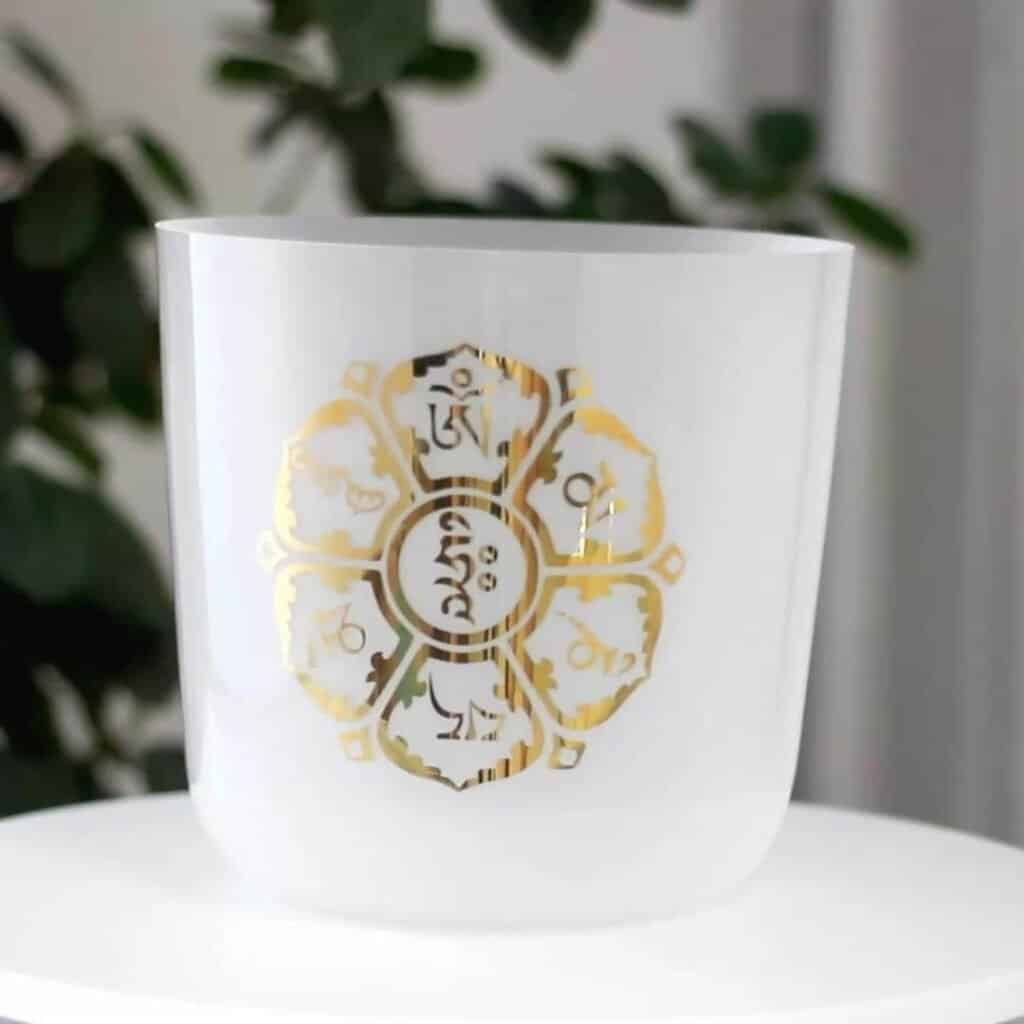Just as a sculptor chisels away at stone to reveal the masterpiece within, meditation helps you uncover deeper layers of emotional well-being. It leads to increased self-awareness, enabling you to understand your thoughts and feelings more clearly. You'll also find that it fosters resilience, allowing you to navigate stress with a newfound perspective. Have you considered how these benefits could transform your daily life? There's more to explore about how meditation shapes these aspects of emotional health in ways you might not expect.
Key Takeaways
- Meditation reduces stress and anxiety through mindful breathing, fostering a sense of calm and releasing built-up tension.
- Increased self-awareness from meditation enhances emotional insight, enabling intentional responses to life's challenges.
- Regular practice builds emotional resilience, transforming stress into growth opportunities and improving overall well-being.
- Mindful coping strategies developed during meditation help manage anxiety and promote a clear response to stressors.
- Consistent meditation nurtures emotional strength, enhancing relationship dynamics and supporting sustained emotional well-being.
Reduces Stress and Anxiety

In the hustle and bustle of daily life, meditation stands out as a powerful tool to combat stress and anxiety. By incorporating mindful breathing into your daily practice, you can foster a sense of calm that counteracts the chaos surrounding you. When you take just a few minutes each day to focus on your breath, you allow your mind to settle and release built-up tension, leading to a profound sense of relaxation.
As you practice mindful breathing, you consciously inhale and exhale, feeling each breath fill your lungs and then leave your body. This simple act invites a peaceful awareness, helping you detach from immediate worries. You might find that your racing thoughts slow down, and your heartbeat stabilizes, creating moments of clarity amidst stress.
Repetition is key; making this a daily practice solidifies the benefits, turning meditation into a habit that transforms your approach to life's challenges. Over time, you'll notice that when anxiety creeps in, you can quickly revert to those mindful techniques, grounding yourself without needing to escape to a quieter space. Embrace this journey, and you'll find that reducing stress is within your reach.
Enhances Self-Awareness
Meditation not only calms the mind but also enhances your self-awareness, allowing you to better understand your thoughts and emotions. By practicing mindfulness meditation, you develop the ability to observe your inner world with clarity and patience. This mindful observation encourages deeper self-reflection techniques, transforming the way you perceive yourself and your reactions to life's challenges.
To help illustrate how meditation can boost self-awareness, consider the following table:
| Self-Reflection Techniques | Benefits |
|---|---|
| Journaling | Clarifies thoughts and feelings |
| Body Scanning | Connects you with physical sensations |
| Guided Visualization | Enhances emotional insight |
Each technique prompts you to engage in self-discovery, making it easier to recognize patterns in your behavior that you may want to change. As you integrate meditation into your daily routine, you'll notice a greater connection to your thoughts and emotions, helping you respond to situations with intention rather than impulse. Embracing this enhanced self-awareness empowers you to foster healthier relationships and navigate life's complexities more effectively.
Promotes Emotional Resilience

Through consistent practice, meditation cultivates emotional resilience, helping you bounce back from stress and adversity with greater ease. When you engage in meditation, you learn to approach challenges with a more adaptable mindset, allowing you to handle difficult situations without feeling overwhelmed. This adaptability isn't just about facing hard times; it's about responding to them mindfully. By developing mindful coping strategies, you start viewing stressors as opportunities for growth rather than insurmountable obstacles.
Meditation enhances your ability to pause, reflect, and choose your reactions thoughtfully. Instead of succumbing to panic or anxiety, you can cultivate a space to process your emotions. Imagine facing a tough situation, perhaps an exam or a personal conflict, and instead of spiraling into negativity, you utilize the skills you've honed through meditation. You're not just reacting; you're responding with clarity and purpose.
This improved emotional resilience doesn't just help you in the moment; it creates a lasting impact on your overall well-being. You'll find yourself better equipped to face whatever life throws your way, empowering you to thrive instead of merely survive. Ultimately, meditation nurtures a robust emotional framework, enhancing your quality of life.
Conclusion
In a world where stress seems to be a competitive sport, embracing meditation is like choosing to play chess instead of checkers. You'll not only reduce those pesky anxieties and enhance your self-awareness, but you'll also build emotional resilience that even life's toughest challenges can't erode. So, why not take a break from the chaos? After all, if we're going to navigate the storm of emotions, it's better to sail a sturdy ship than to row a leaky boat.







